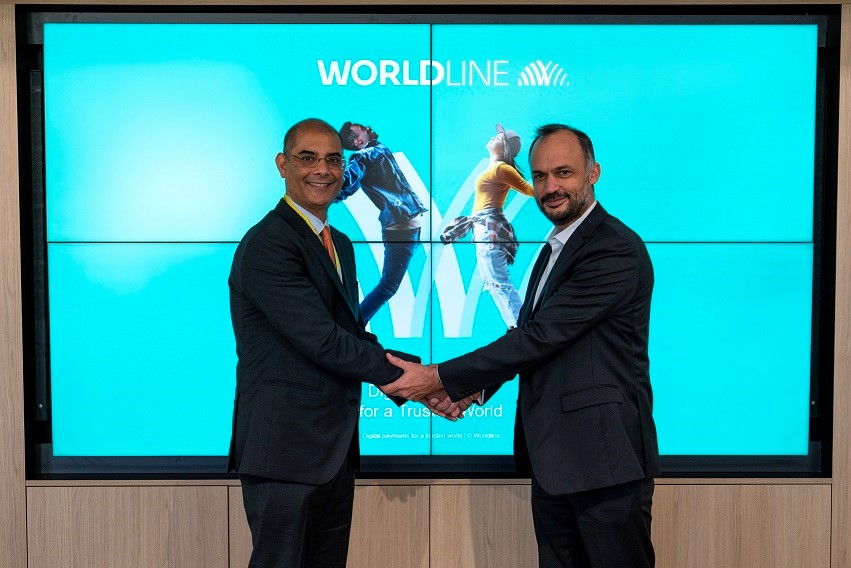Worldline, a global leader in payments services, has joined forces with NPCI International Payments Ltd. (NIPL), the international arm of National Payments Corporation of India (NPCI), in a move to expand the acceptance of Indian payment means across Europe.
As part of the partnership, Worldline will bring more convenience for Indian customers in the European markets by allowing merchants’ point-of-sale (POS) systems to accept payments from UPI, an instant real-time payment system, as well as RuPay, NPCI’s proprietary card payment network solution. This will result in a multitude of customer-related merchant benefits due to an increase in footfall and spending from Indian tourists.
Currently, customers from India pay through international card networks. However, the hugely popular United Payments Interface allows multiple bank accounts to be accessed through one single mobile application.
Marc-Henri Desportes, Deputy CEO of Worldline, said of the initiative: “Our analyses of international customers’ payment behaviour have indicated a push away from international card schemes in recent times, and a preference for any mobile payment method they are acquainted. Our partnership with NPCI International seeks to mitigate the risk of excluding or limiting Indian customers from safely using electronic payments in the EU.”
In 2021, NPCI’s UPI recorded 38.74 Billion transactions, worth USD 954.58 Billion, making it the best performing real-time payment eco-system in the world. Similarly, 714 million RuPay cards have been issued till date, clocking over 1.3 billion transactions.
Ritesh Shukla, CEO, NIPL said “In Worldline, we found a partner that provides us with good coverage of the European markets as well as an advanced and universally applicable solution. The roll-out of acceptance of UPI-powered Apps and RuPay Cards across Europe is important to us, as we expect increased mobility of Indians in the continent in the coming years. We believe this partnership will empower Indian consumers to continue using their preferred payment modes as they travel across Europe.”

